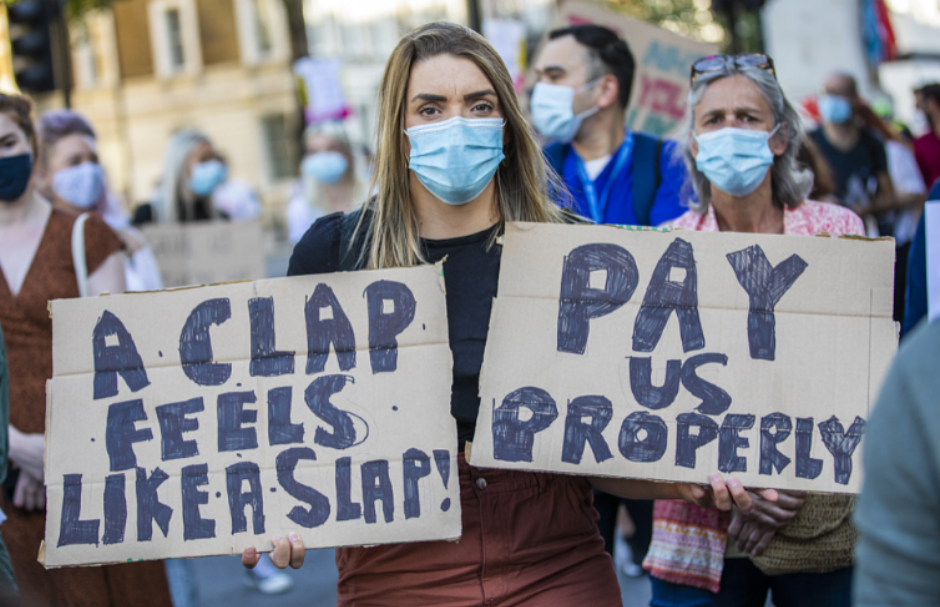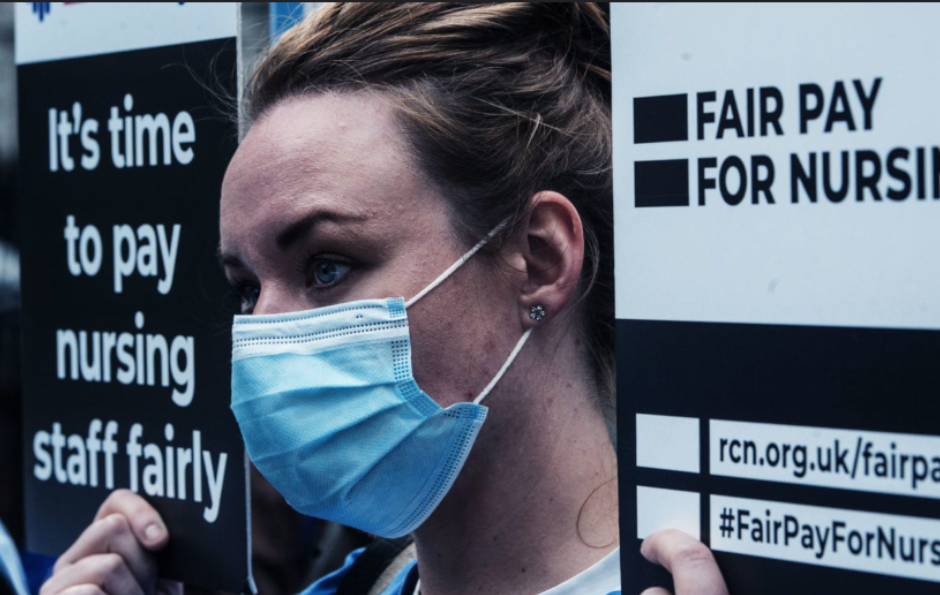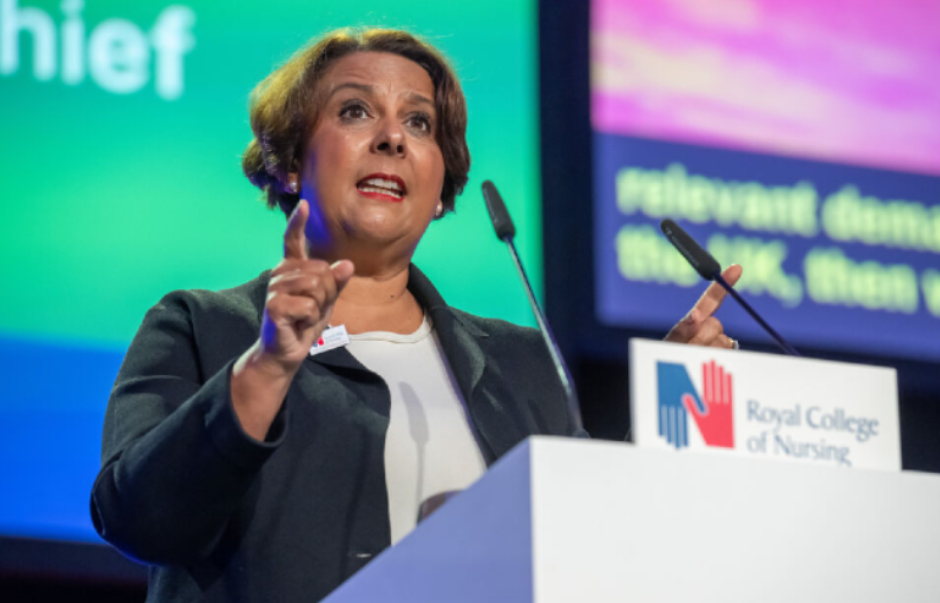Nurses in England, Wales, and Northern Ireland have firmly rejected the government’s proposed 3.6% wage increase for 2025-26, describing it as “grotesque” and insufficient to compensate for decades of wage stagnation. The Royal College of Nursing (RCN), with about 345,000 members, held an indicative vote that indicated firm resistance to the proposal.
Why Are Nurses Rejecting the Offer?

According to nurses, an inflation swallow will completely absorb the increase, especially where pay rises have been awarded to doctors, teachers, and other public sector professions. In real terms, the pay of nurses has decreased by about 25% since 2010, according to RCN analysis.
Now, What Happens?

Since the RCN ballot was only consultative, not binding in law, there is no automatic right to strike. Nevertheless, the union anticipates high voting levels and urges the government to restart negotiations over the summer—possibly avoiding a full-blown strike ballot or industrial action in the autumn.
Broader Context: NHS Under Industrial Pressure

The rejection is part of broader discontent in the NHS. Resident doctors are on the fourth day of a five-day walkout over their pay dispute, and other NHS workers, such as ambulance staff, have also turned down the 3.6% offer. Health officials are threatening that ongoing disruption will push back NHS recovery targets, with earlier strikes costing the service billions and resulting in more than one million cancelled appointments.
Voices from the Frontline

Nicola Ranger, RCN chief executive, labelled the offer as symptomatic of an undervalued and underpaid profession that remains the biggest part of NHS personnel. The union is urging the government to tackle broader issues—such as nursing student support and a revision of the current Agenda for Change pay system.
Final Thoughts
For most nurses, turning down the 3.6% increase is more than a matter of money—it’s an issue of fairness, respect, and sustainable long-termity. Unless progress is made over the coming weeks, the NHS can expect renewed industrial action, further heightening tensions as workers call for pay reforms to be matched by professional recognition reforms.
